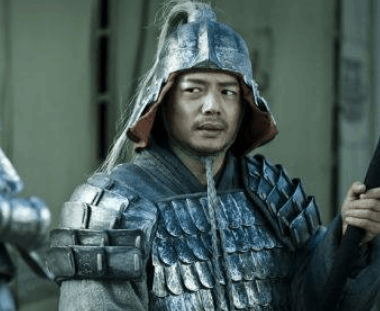In Chinese history, Qin Shi Huang's "Burning of Books and Burying of Scholars" is a highly controversial event. This incident not only led to the loss of a large number of books but also triggered a deep reflection on knowledge and culture. Today, let's explore the causes and impacts of this historical event together.

Firstly, which books were lost? According to historical records, Qin Shi Huang's burning of books mainly targeted Confucian classics and works of other schools of thought. Many precious ancient books and historical documents, including "The Book of Songs" and "The Book of Documents," were destroyed during this incident. The loss of these books has caused us to lose a vast amount of precious cultural heritage and historical memory.
Secondly, why did Qin Shi Huang burn books and bury scholars? There are several reasons. Firstly, he hoped to consolidate his ruling position by unifying thought and culture. Secondly, his opposition to Confucianism was also an important factor. Confucianism emphasized benevolence and morality, forming a sharp contrast with Qin Shi Huang's Legalist ideology. Lastly, he may have also been concerned that the content of some books would pose a threat to his rule.
In conclusion, Qin Shi Huang's "Burning of Books and Burying of Scholars" event has had a profound impact on Chinese history and culture. This incident not only led to the loss of a large number of books but also triggered a deep reflection on knowledge and culture. We should learn lessons from this historical event and cherish and protect our cultural heritage more. At the same time, we should maintain an open and inclusive mindset, respecting different ideas and cultures, to promote the progress and development of human society.
Disclaimer: The above content is sourced from the internet and the copyright belongs to the original author. If there is any infringement of your original copyright, please inform us and we will delete the relevant content as soon as possible.
































